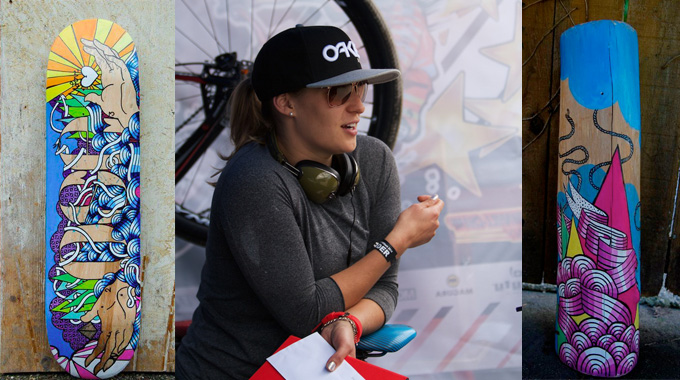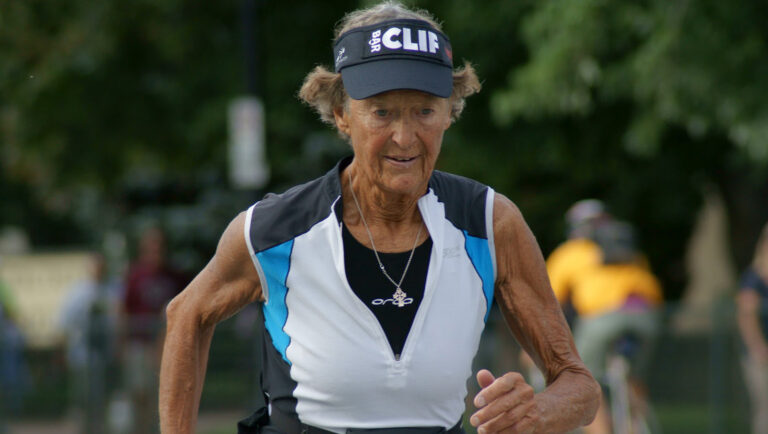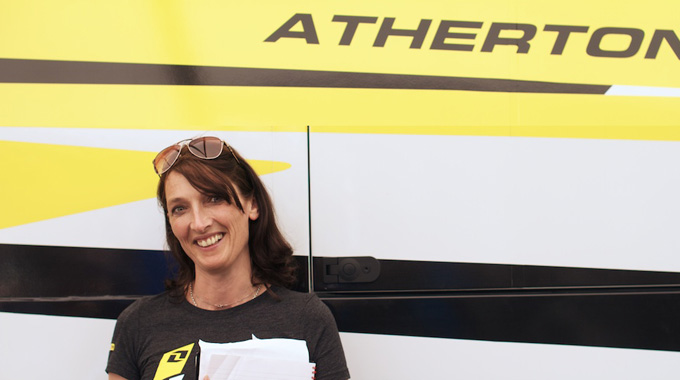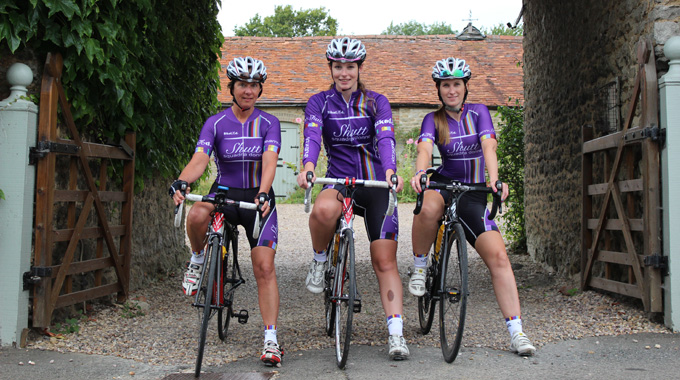
While chatting to Astrid Domingo Molyneux about her cycling expedition around the world, we learnt a lot about what equipment to take, how to deal with language barriers and what you do when you arrive at midnight in a new country without a map.
Whether you’re planning a round the world trip yourself or just a couple of weeks pedalling around France, here’s some handy tips to keep mishaps at a minimum:
- Pick the right bike for you. If like Astrid your knowledge of bike maintenance is rather basic, consider getting a bike like a Thorn Raven which has closed in rather than derailleur gears.
- If you’re planning on doing lots of camping, go to an outdoors show a few months before you set off so that you can properly try out all of the different tents available. By trying them out for size you will be able to see whether you prefer tunnel or cross-over tents and if you’d be okay with a one person tent or (like Astrid) would prefer a roomier two person tent.
- Choose whether you would like a stand alone tent or one that needs to be pegged down. If you go for the pegged one and find yourself camping one night on hard ground or concrete, source some large rocks to place in each corner of your tent and tie the guide ropes around trees or large rocks – there will be a little bit of slack but it will certainly do the job for a night or two.
- Get yourself an omnifuel camping stove that allows you to attach a gas canister or a fuel pump to it. Petrol may not be the most pleasant way of heating up your tinned spaghetti but it’s certainly readily available whereas gas canisters aren’t always.
- Make sure you invest in some good quality travel clothing that is light weight, quick drying and insect repellant. Fifty miles into the day’s ride you’re not going to care how trendy your shorts are, you’re just going to care whether or not they are chaffing.
- If you’re heading into countries where you don’t speak the language, have an introductory letter with you translated into the appropriate language that you can show locals that you meet. This will enable people to learn about what you are doing and find out who you are – you’re more likely to get offers of free board when people know a little bit about you.
- When you arrive in a new city for the first time and have no idea where to go, head to a four or five star hotel. Obviously it’s extremely unlikely your budget will allow you to stay there, but the receptionist will probably speak English and will have a map to point you in the direction of somewhere more affordable.
- Give yourself plenty of time to complete your intended itinerary and try to allow for as much flexibility as possible. You never know when you might stumble upon a hidden gem or meet a group of fellow tourers you’d like to hang out with for a few days. It would be a shame to not be able to make the most of these opportunities because your itinerary is too strict.
- Go with your gut and trust your instincts. If a stranger invites you to spend the night at theirs and you don’t feel comfortable with it then don’t, but if your instinct tells you it’s a genuine act of hospitality and kindness then go for it. People aren’t always as bad as we think.
Liked this? Check these out too:
Warm Showers: Free Accommodation for Cyclists





